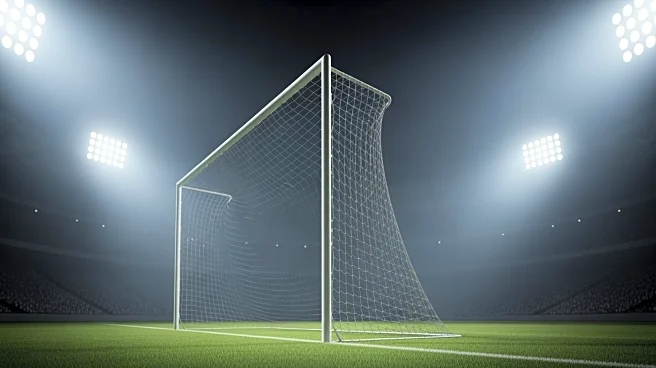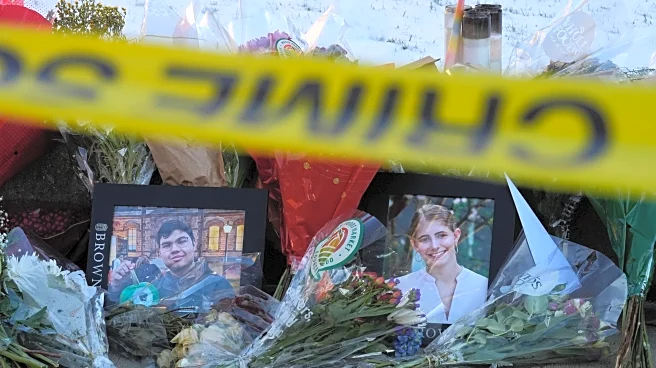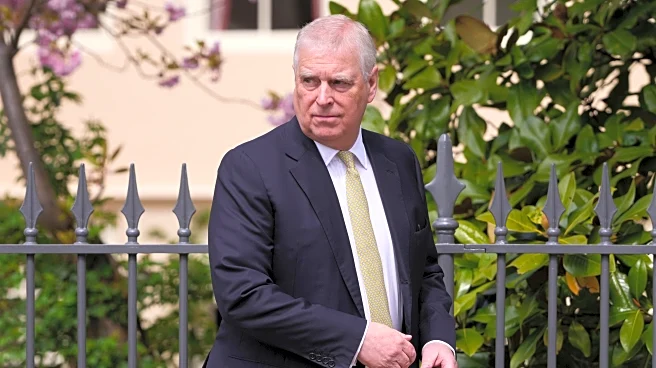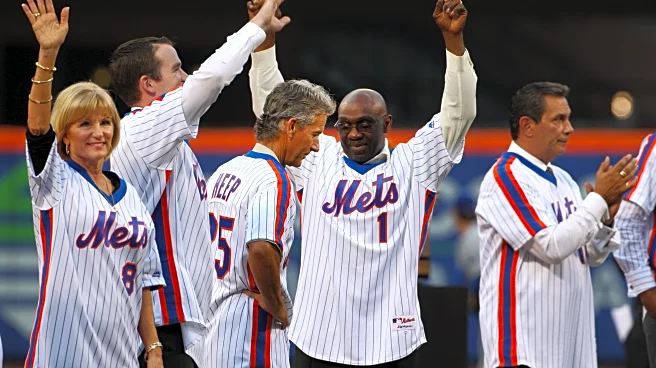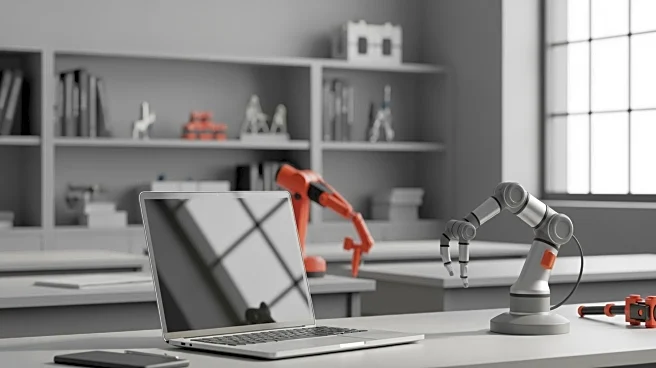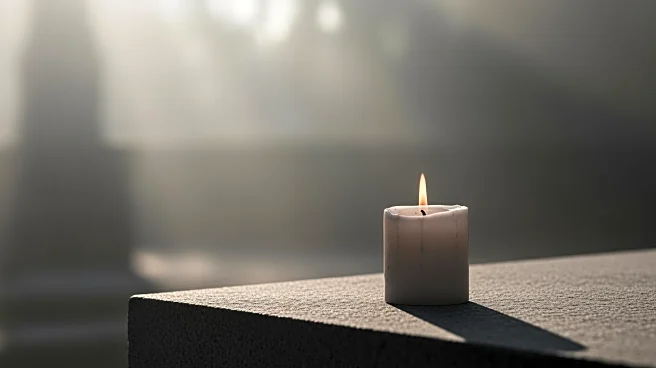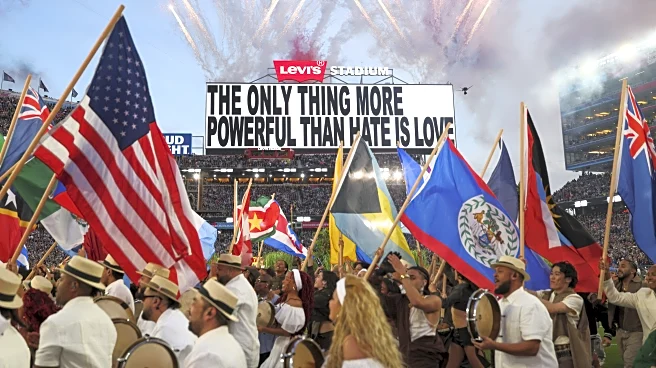What's Happening?
In a dramatic incident in the Senegalese league, a goalkeeper refused to continue playing after a dispute with a teammate, leaving his team without a functional goalkeeper. The altercation occurred following a controversial moment inside the penalty area,
leading the goalkeeper to stand idly by the post, arms folded, refusing to participate further. With all substitutions already used, the coach was unable to replace him, forcing the team to continue without a shot-stopper while opponents launched dangerous attacks. The unusual protest left players and fans stunned, effectively reducing the team to 10 outfield players.
Why It's Important?
This incident highlights the potential impact of interpersonal conflicts within sports teams, which can lead to significant disadvantages during matches. The goalkeeper's protest not only affected the team's performance but also drew global attention due to its bizarre nature. Such events can influence team dynamics, morale, and the perception of professionalism in sports. The viral spread of the footage underscores the role of social media in amplifying local incidents to a global audience, potentially affecting the reputation of the league and the individuals involved.
What's Next?
The rules of football allow a goalkeeper to return to play if they have not been officially substituted or sent off, provided the referee approves. This means the goalkeeper could have resumed his duties if he had chosen to do so. The incident may prompt discussions within the team and league about conflict resolution and professional conduct. Stakeholders, including coaches and league officials, might consider implementing measures to prevent similar occurrences in the future.
Beyond the Headlines
The protest raises questions about the emotional and psychological pressures faced by athletes, particularly in high-stakes environments. It also highlights the importance of effective communication and conflict management within teams. Long-term, such incidents could lead to changes in how teams address interpersonal issues and support players' mental health.
